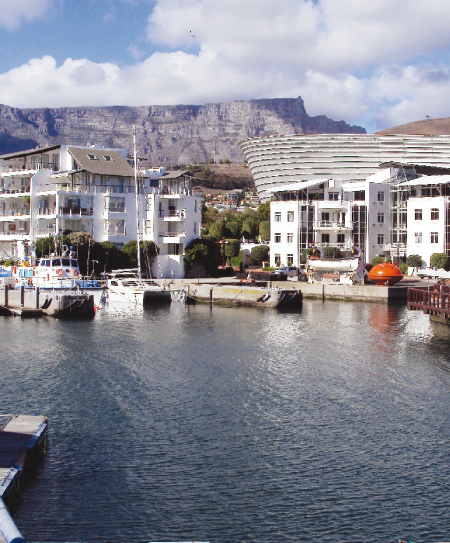×
The Standard e-Paper
Smart Minds Choose Us
 |
|
A view of the city with the iconic Cape Town Stadium in sight and a section of Table Mountain in the background. [Photo: Ferdinand Mwongela/Standard] |
CAPE TOWN, SOUTH AFRICA, Nov. - The city lies at the tip of the continent, right on the edge of the Atlantic Ocean, framed against Table Mountain and a far cry away from most African cities, writes FERDINAND MWONGELA